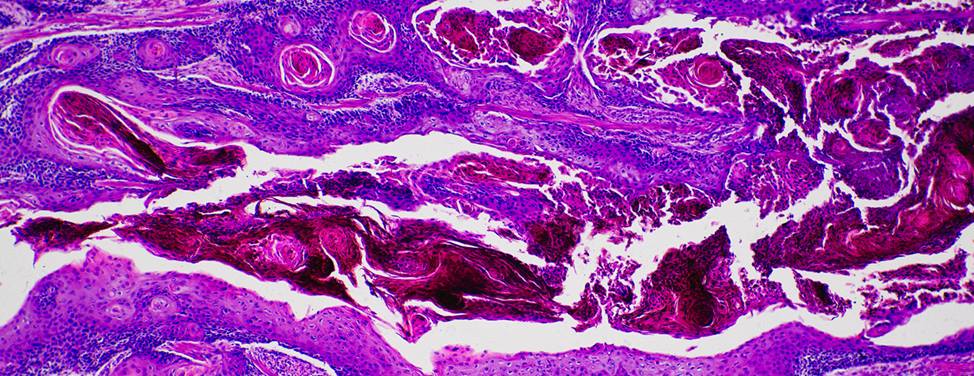Eligibility
Pancreas transplants aren't recommended for patients who can manage their diabetes through diet, medication and other means, since the procedure carries all the risks and recovery issues of major surgery, as well as the possibility that the body's immune system will reject the transplanted organ. To prevent organ rejection, transplant recipients must take powerful immunosuppressant medications for the rest of their lives. These medications have many side effects and make patients more susceptible to other illnesses.
Patients with type 1 diabetes may be evaluated for pancreas transplants or combined kidney-pancreas transplants. Patients with type 2 diabetes are less likely to be candidates because they may be insulin-resistant, meaning their body's cells don't respond normally to insulin, and wouldn't reap the benefits of a pancreas transplant.
Evaluation
If you became insulin dependent — meaning you began needing insulin injections — at age 18 or older, we will ask for blood tests to measure your levels of C-peptide, a product of insulin production.
We'll request a number of other medical tests as part of your evaluation, such as:
- Blood tests, including an HIV test, performed within the last year.
- Chest X-ray performed within the last year.
- Creatinine clearance testing for those not on dialysis. This 24-hour test measures levels of a blood waste product called creatinine in the blood and urine and is used to evaluate kidney function.
- Echocardiogram performed within the last two years.
- Electrocardiogram performed within the last year.
- Persantine thallium or comparable test performed within the last two years. This test involves receiving two substances via IV: persantine, to help expand the arteries and replicate the effect of vigorous exercise, and thallium, a radioactive isotope detected by X-ray.
- Stool guaiac, a test for blood in stools.
- Tuberculosis (TB) skin test.
Other tests - such as colonoscopy, mammogram, Pap smear and prostate specific antigen (PSA) tests - may be needed depending on your sex, age and medical history. We may order additional testing based on your results.
Our selection committee of transplant doctors and nurses will review any changes in your health. Your transplant eligibility will be reassessed regularly and further medical tests may be needed.
To undergo a transplant, you must have adequate insurance coverage for your surgery as well as your care and medications after going home from the hospital. Before a final decision is made, we'll request verification of coverage from your insurance provider.
You'll also need a designated caregiver to bring you to clinic appointments and help you at home the first few days after leaving the hospital.
Types of transplants
Simultaneous kidney-pancreas transplant
One of the most serious complications of type 1 diabetes is end-stage kidney disease, which may require a kidney transplant. If you receive a kidney transplant without a pancreas transplant, you must continue to take insulin in addition to immunosupressive medications to protect the new kidney. There's also a risk that diabetes will damage the new kidney and other organs.
Successful combined kidney-pancreas transplants prevent diabetes from damaging transplanted kidneys and eliminate the need for insulin therapy. Ideally, a patient receives a new kidney and pancreas from the same donor.
Pancreas transplant
Improvements in surgical techniques and immunosuppressive medications have made it possible to perform pancreas transplants in diabetic patients who don't yet have serious kidney disease but who have problems maintaining normal blood sugar and insulin levels. With these improvements, people who receive pancreas transplants alone are achieving the same excellent results as those who get simultaneous kidney-pancreas transplants.
Advances in preventing organ rejection also make it possible to perform solitary pancreas transplants in patients who've already had successful kidney transplants.
Transplant pancreases come from deceased donors. Transplant kidneys, on the other hand, may come from either deceased or living donors. We encourage kidney transplant candidates to use living donors if possible. Patients can undergo pancreas transplant six months to a year after a kidney transplant if a pancreas becomes available.
While living kidney donors don't have to be related to the recipient, they must have a compatible blood type. People who have high blood pressure, obesity, diabetes or a history of cancer may not be able to donate a kidney.
Because there's a shortage of donor pancreases, patients must wait for an available organ. The length of the wait varies depending on the patient's blood type. Patients who need a pancreas transplant or a combined kidney-pancreas transplant typically don't have to wait as long as those who need just a kidney transplant.
Another option: pancreatic islet transplant
Pancreatic islet transplant is a newer, minimally invasive treatment option for people with type 1 diabetes. In the procedure, insulin-producing beta cells are taken from a donor pancreas and injected the portal vein of the recipient's liver, where they attach to new blood vessels and release insulin. Islet transplantation can temporarily reverse diabetes.
For more information, visit Islet Transplantation for Type 1 Diabetes.








